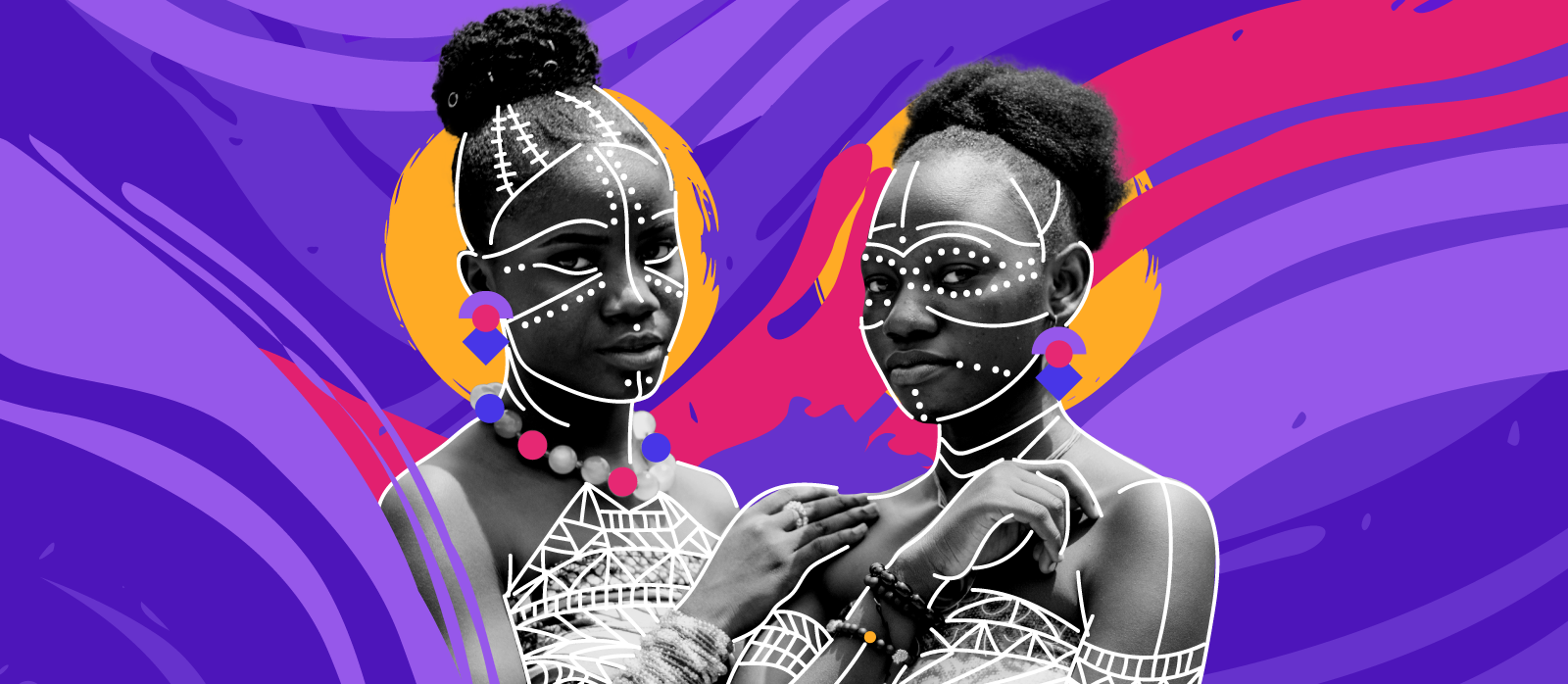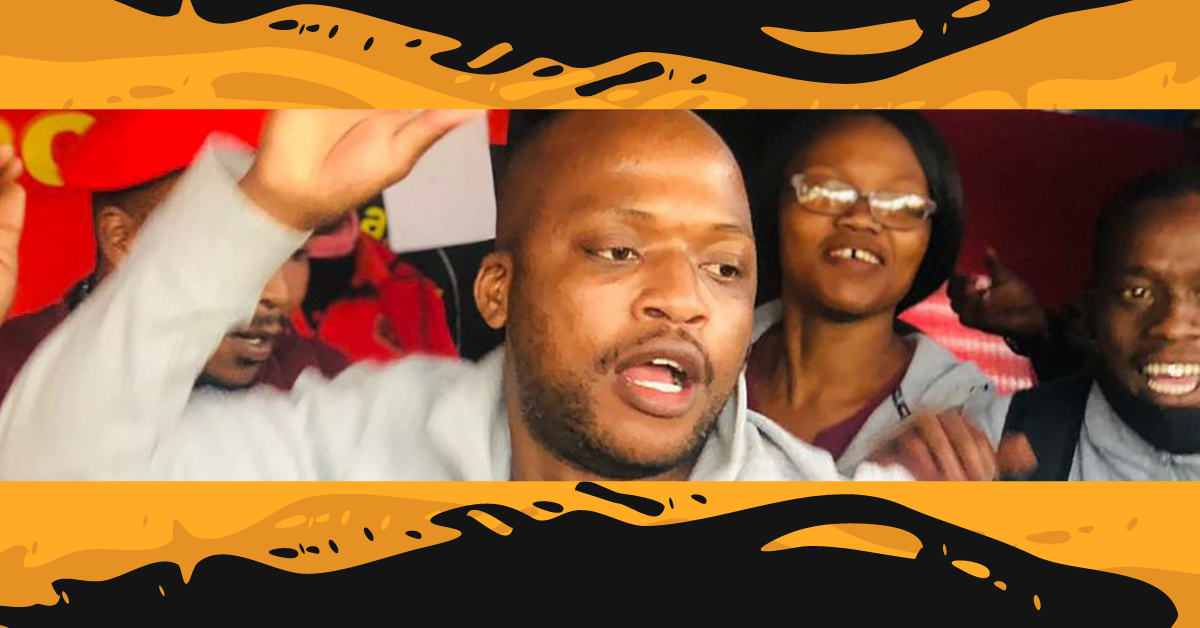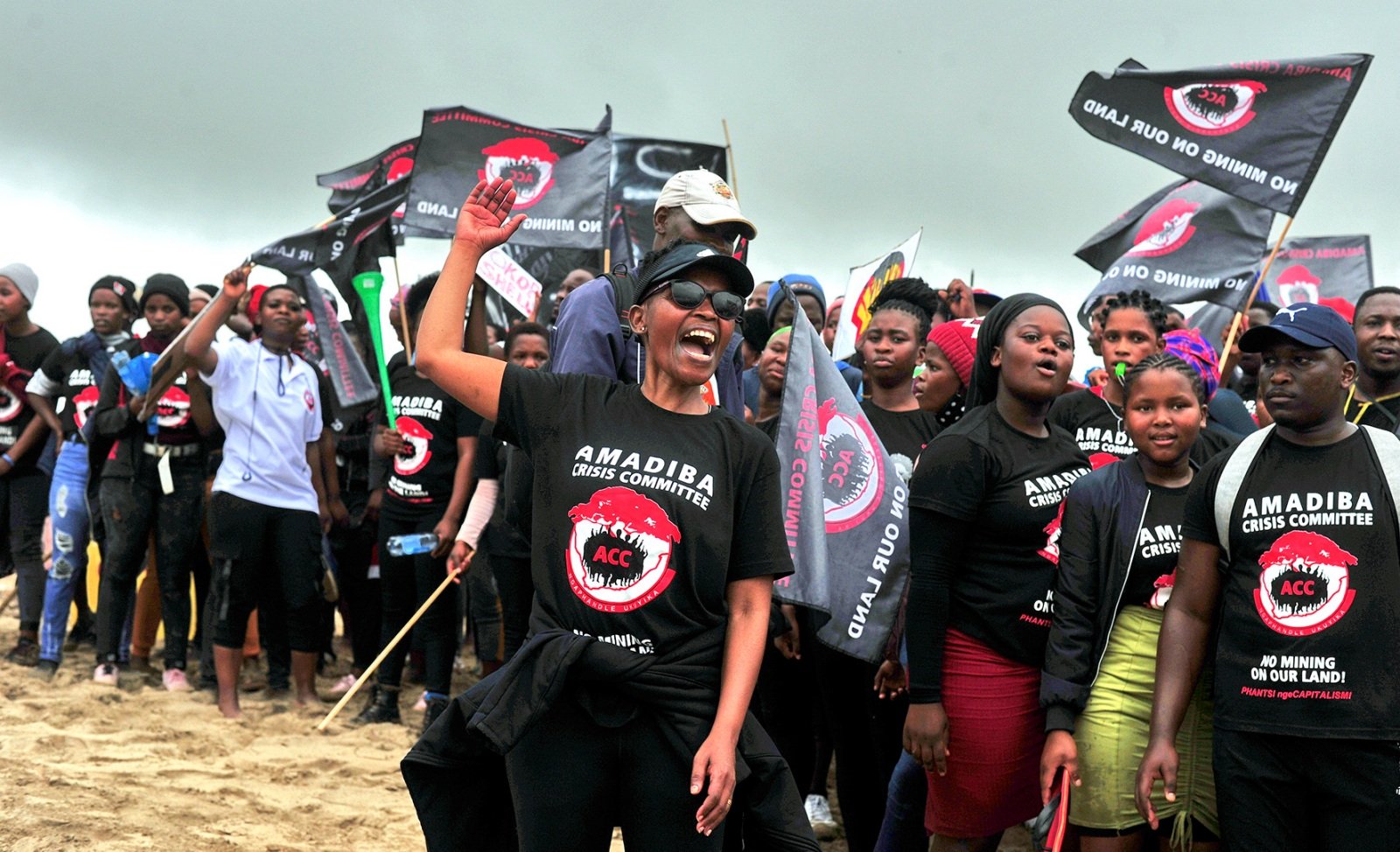Pan-Africanism: “The story of Africa is love”

Guest post by Johnaé Strong. Read more about her in her bio below.
On April 28th 2021, Africans in the Diaspora hosted the fourth installation of its Chop It Up dialogue series with the theme Pan-African Solidarity: Past and Present. The event was anchored by three amazing panelists with a wide range of professional and lived experiences yielding a beautiful blend of storytelling, history, and empirical grounding for achieving African liberation.
Coumba Toure, writer and storyteller based in Senegal, offered a definition of Pan-Africanism that was both inspiring and practically rooted in African cultures of mutuality and creativity. For Toure pan-Africanism is more of a practice than an ideology; it is deeply cultural, militant, and feminist. Her own understanding of Pan-Africanism was developed through being raised between Mali and Senegal and witnessing the free, fluid movement between nation-states and speaking multiple languages with family members from different linguistic groups. This experience as a young person of connection and coming together of many African people is one she described as grounding for her definition of Pan-Africanism as a commitment to bringing African people into deeper connection. Pan-Africanism functions to bring about unity and solidarity leading to the cultural, social, political, economic, and holistic liberation of all peoples descended from the continent of Africa. As an adult Toure deepened her dedication to uniting African peoples by working to find the patterns in our stories, from Karakaéné, Senegal to Alabama, USA and across the diaspora and the continent. For Coumba, exploring who we are as Africans across the diaspora and the continent by using tools like popular education and cultural work allows us to nurture the militant expressions of love and connection. It is through this love and connection that we can then truly manifest Pan-Africanism.
Kesewa John, a Black feminist scholar, shared her research on the Ethiopian solidarity campaign during World War II. This campaign was an astonishing history of cross-border and multilingual Black organizing and a “picture of Pan-Africanism.” This historical research brilliantly outlined the leadership of Afro-Caribbean women, the solidarity across Africa, the Caribbean, Europe and the United States and the use of radical free press to amplify the Italian invasion of Ethiopia. This was a propaganda war backed with militant actions as Black people from around the globe came to fight on behalf of Ethiopia, petitioned political leadership, hosted prayer meetings, and fundraised. Kesewa outlined very clearly the vigilance of African, Afrodescendant and Black women in the diaspora and their commitment to centralize, harmonize, and promote their efforts for active solidarity with Ethiopia. Noteworthy names engaged in the struggle include the Daughters of Ethiopia, a solidarity group based in Trinidad, Amy Ashwood Garvey and CLR James. For John, the main takeaway is “neither language nor distance nor [oppressive] ideas about what women should be doing should get in the way of Pan-African solidarity”, particularly when there is a struggle to fight for Black liberation. .
Douglas Belchior, Professor of History and founder of the Movimento Negro Uneafro Brasil , gave an urgent account of what is happening in Brazil and the real-time need for transnational solidarity. He described the ‘two pandemics’ plaguing Brazil: COVID-19 and poverty and food security. To date, over 400,000 people in Brazil have died from COVID-19 and more than half of the population do not know where their next meal will come from. Citing the example of Abdias Do Nascimento, Douglas went on to outline the very real challenges of enacting Pan-Africanism when states force activists who embrace Pan-Africanism into exile . Police violence results in the death of a Black person every 23 minutes in Brazil. As Belchior recounted, during the COVID-19 crisis, at the start of the COVID-19 pandemic the Brazilian Supreme Court ruled that there should be a temporary ban on police intervention in the favelas. During this time there was no increase in crime nor drug trafficking thus making the case that policing is ineffective in solving or reducing crime and rather it incites more violence. Further, the Brazilian president, Jair Bolsonaro has promoted violence, much like Donald Trump in the United States, and has given hints that he is ready and willing to dismiss electoral results and resist a democratic transition of leadership. For Belchior, it is for these reasons and more that Pan-Africanism must be an action and must be enacted now.
By the end of this robust discussion a few tangible requests were made by the panelists including; an international resolution around the famine in Brazil; more cross-border contact between peoples of African descent; and the mass rejection of nation-states on the path towards envisioning Africa as a global interconnected network of peoples of African descent wherever they may be. What is staying with me is the call for connection amidst a pandemic that has called for more physical distance. As we always do, Africans across the world are connecting and deepening communal efforts pushing for transformative change at the same time using different tools, including technology. If ever I felt inspired by Pan-Africanism as an ideology, I now better view it as an act of love and practice of intentional connection.
Johnaé Strong is a healing artist, storyteller, and mother based in Chicago, IL. She has been working at the intersection of social movements, public education, for little over a decade; most notably as co-founder and leader at BYP100, a political organization committed to liberation for all Black people. A distinctive relationship-centered approach and vocation to love as a form of justice colors the texture of her works in the community. Presently, Johnaé is on a journey to love and the right relationship with the abundance of the universe. She is a commitment to healing Black Girls all over the world starting with herself. You can learn more about specific work @strong_visions on IG and @johnae_alyse on twitter.
Related Stories



